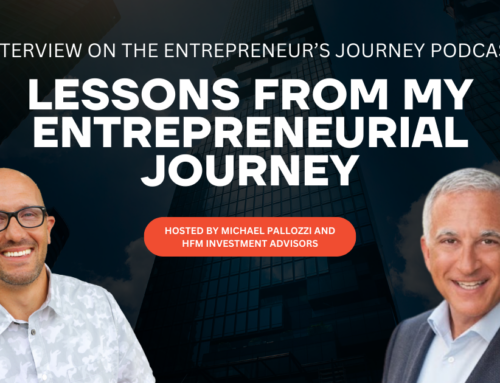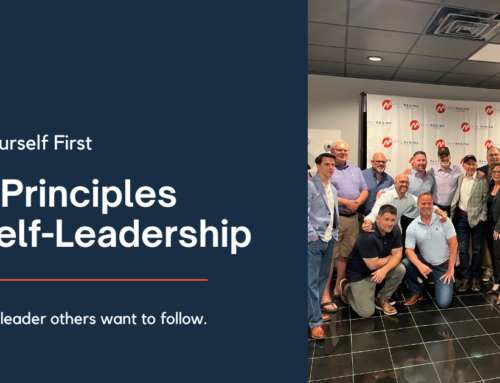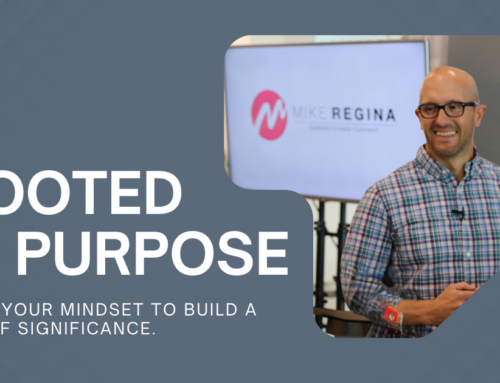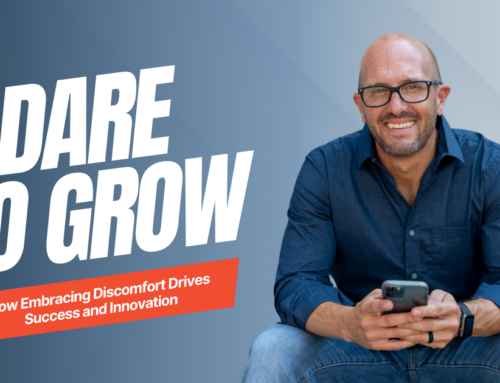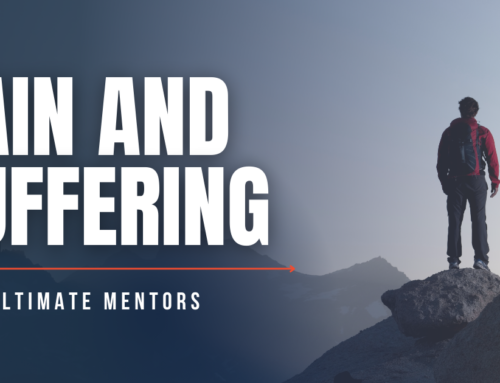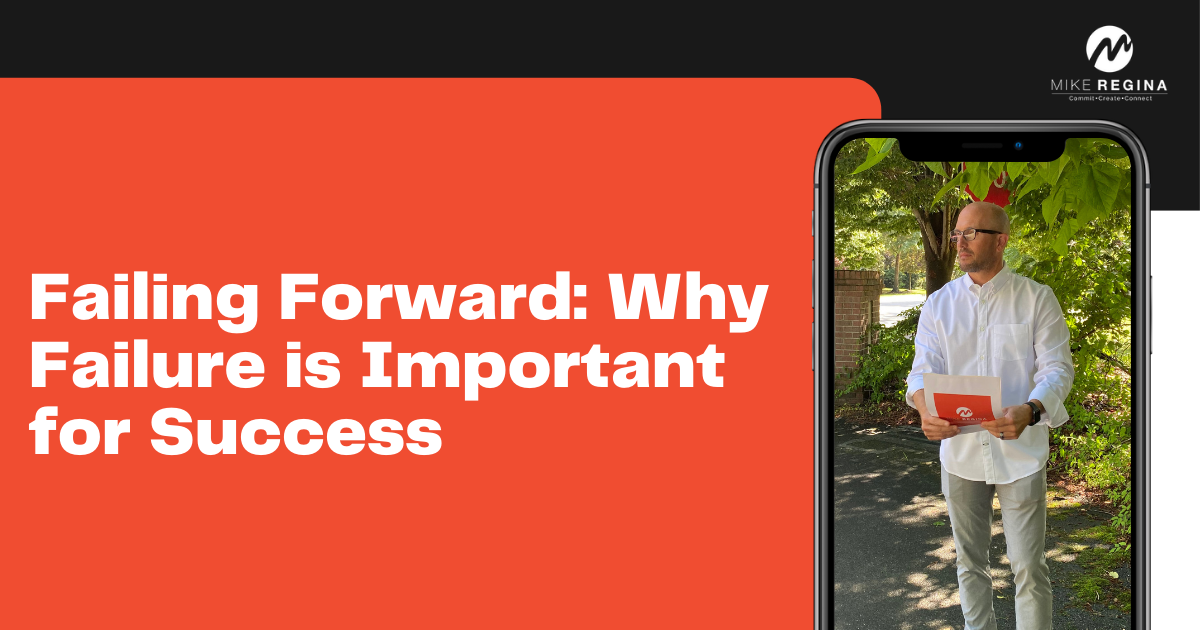
I’ve previously written about what it means to have a “Growth Mindset” in my last blog, “How to Fail Forward with a Growth Mindset Professionally and Personally.” Those who view obstacles and failures as opportunities to grow have a distinct advantage over those with a “fixed mindset,” characterized by a fraught ability to move on after failures.
But more importantly, how can we implement a growth mindset? And if you think you already have one, what can you do to sharpen that critical skill? Let’s look at how to take failures with the seriousness they deserve but still “put them in their place” as building blocks rather than mental hurdles.
Don’t Regret Action
One of the most common reactions to failure is to regret even trying. Let’s address this right away. Aristotle is attributed with saying, “Criticism is something we can avoid easily by saying nothing, doing nothing, and being nothing.” I believe the same goes for failure. If we do nothing, say nothing, and stand for nothing, we can avoid failure. But what do we have in the end? A lot of nothing.
Nothing will change if we don’t take risks. Nothing will improve if we don’t take action. And those goals you have? They won’t happen either.
So let’s be clear about this point: never regret taking action. By taking action and taking risks, our world has a chance to progress, and we all have an opportunity to grow in thought and leadership. Sure, in hindsight, you may be thinking that had you just known how this path would implode before your eyes, you wouldn’t have taken it in the first place. But if you had avoided this path, none of us would have had that chance to progress and learn. And what I encourage you to do is use that perceived failure as a chance to grow as well. Leaders emerge from picking themselves up after failures. Better decisions emerge. A better you will appear. Don’t withhold that opportunity from yourself.
Don’t Personalize It
Another common reaction to failure is to personalize it. You think this failure is all about you. No one else would have done it. You might even have people distancing themselves from you and the failure.
I played sports my entire life, and as someone who was smaller than most of the players, I would get knocked down regularly. As I lay there on the ground, I had a choice. I could believe that my size prevented me from being a good player, or I could get up and change my strategy. In football, I learned I was gifted in other ways, including avoiding being tackled in the first place. In wrestling, I learned to outwit my less agile competitors.
When you are lying on the ground, thinking about whether you give up or try something different, I encourage you to think about the values you gain from getting back up. Courage. Knowledge. Perseverance. And the confidence that follows when you know that no setback is permanent.
Most importantly, whatever happened as you traversed your hurdle is not a reflection of you. It is a signpost. It is information that can guide you in the future, and the best thing you can do is read the signs. Recall the wisdom of C.S. Lewis: “failures, repeated failures, are signposts on the road to achievement. One fails forward toward success.” Your experiences, whether positive or painful, are informative. They give you information that makes you better in the future. It is your job to read the signs, not undermine yourself. What can you take from this mishap that guides you on future decisions? What are your learning opportunities?
In doing so, I encourage you to think about the list of people in my earlier blog – people who are widely considered definitions of success. Abraham Lincoln. Oprah Winfrey. Alex Rodriguez. Steve Jobs. Walt Disney. What do these success stories have in common? Failure. Sometimes failure after failure after failure. And after many of those perceived failures, every person on this list was told, “This isn’t for you. You just aren’t good at it.”
But they didn’t personalize it – at least not for long. Abraham Lincoln picked himself up after numerous failures and tried again, this time becoming the President of the United States. Oprah didn’t take it personally that her boss fired her because she was “too emotionally invested in her stories.” She capitalized on her assets – including her personal investment in her stories – and became one of the greatest television hosts in history. After being fired from the company he founded, Steve Jobs pursued some of his other visions, including the risky but wildly successful Pixar, and eventually returned to Apple to take it from foundling company to global dominance.
As with each of the success stories above, your hurdles are not reflections of your abilities. When you are lying on your back, it’s not because you lack what it takes. There is something to learn here and something that will make you better. Don’t remove yourself from those opportunities to grow, and treasure them instead. Because the best you is yet to come. And I can’t wait to share what you can do once you get there! For now, that will have to wait for the next chapter.
Go Forth and Conquer!
#LetsGo

